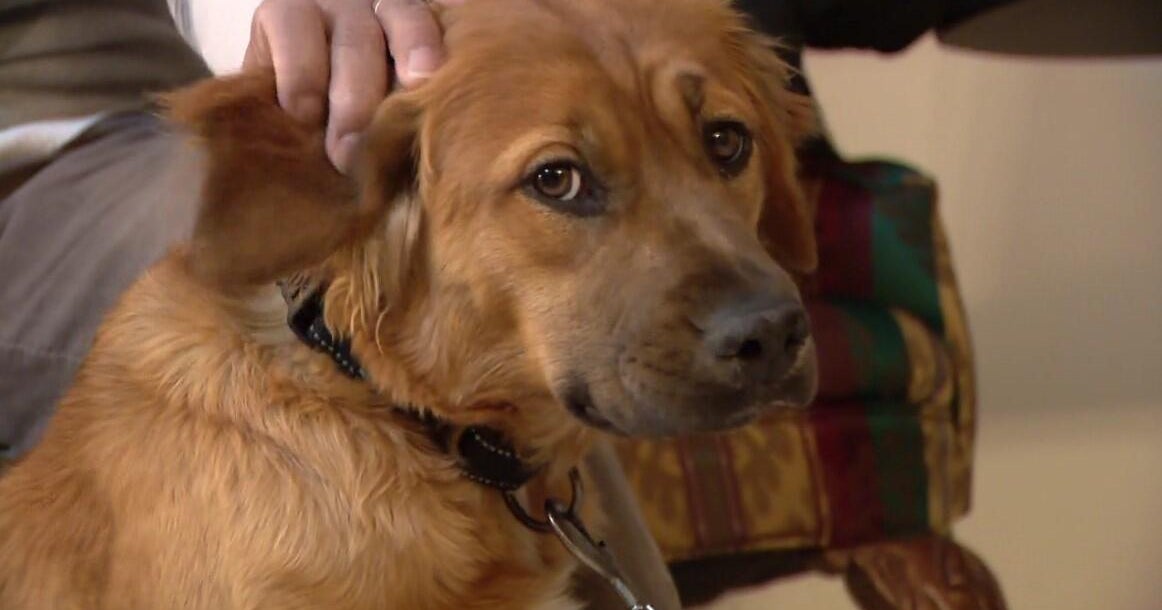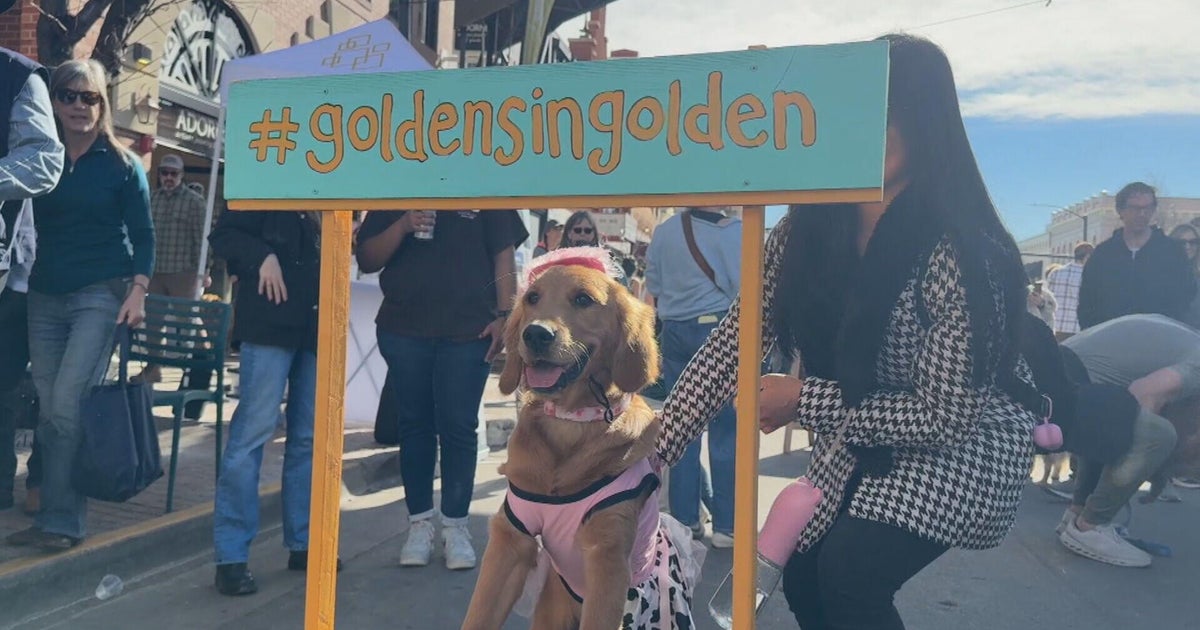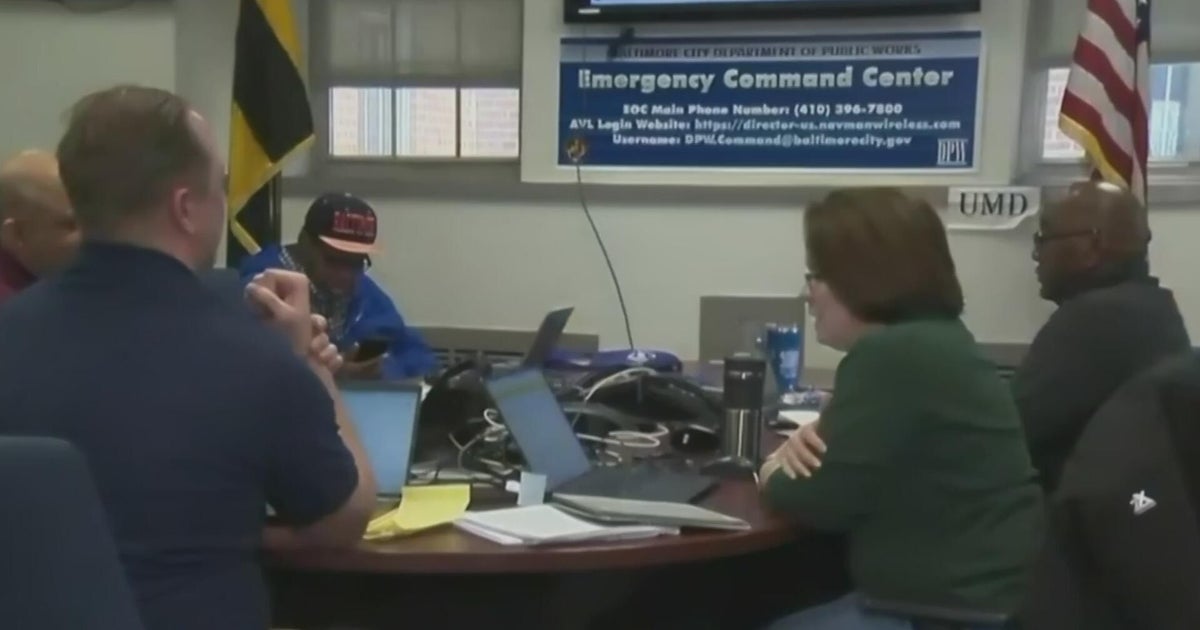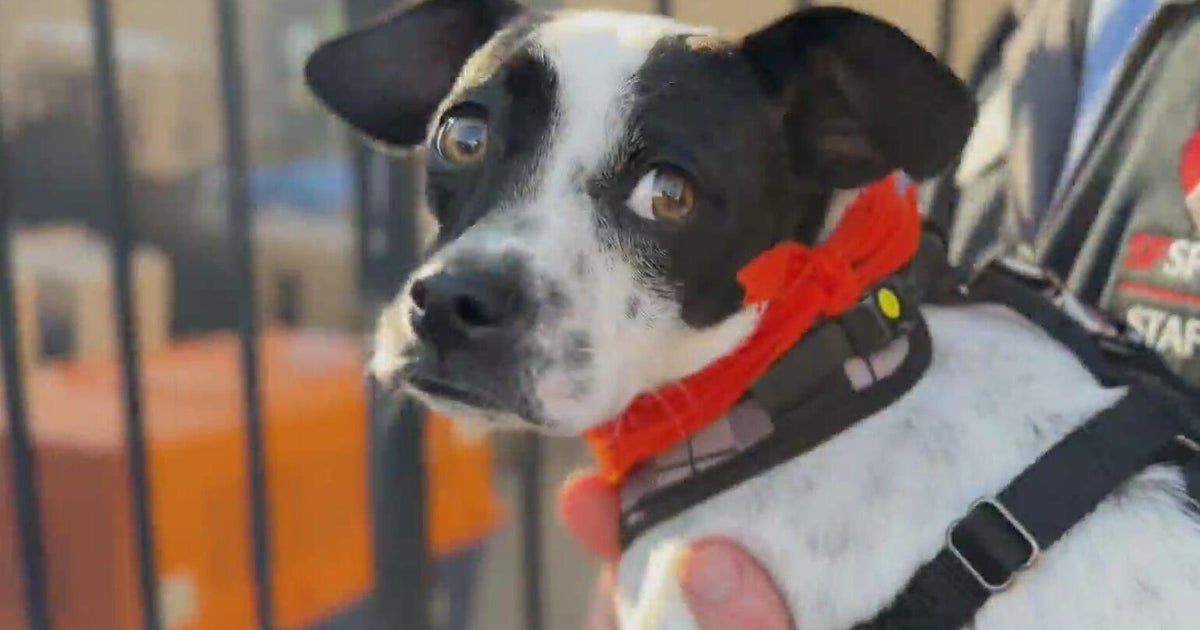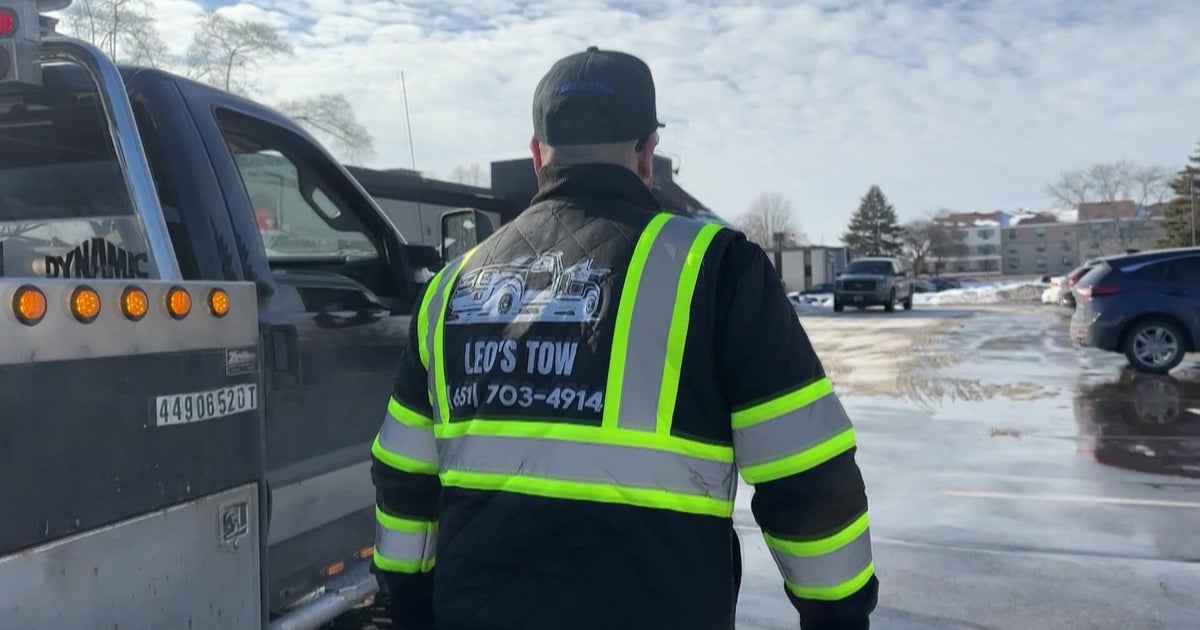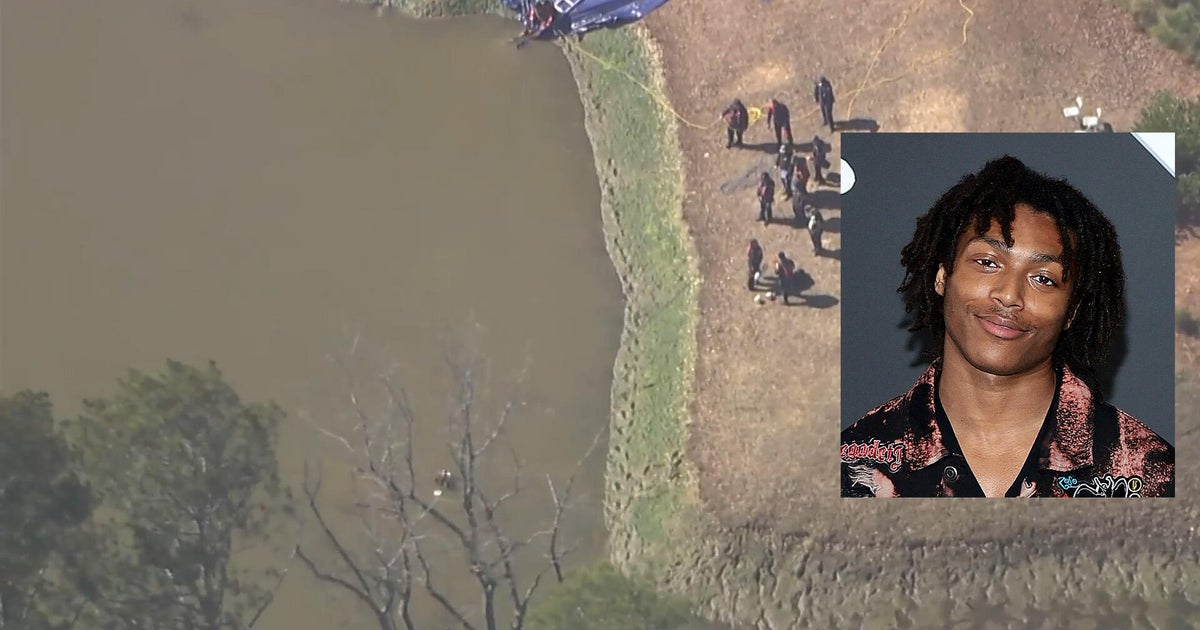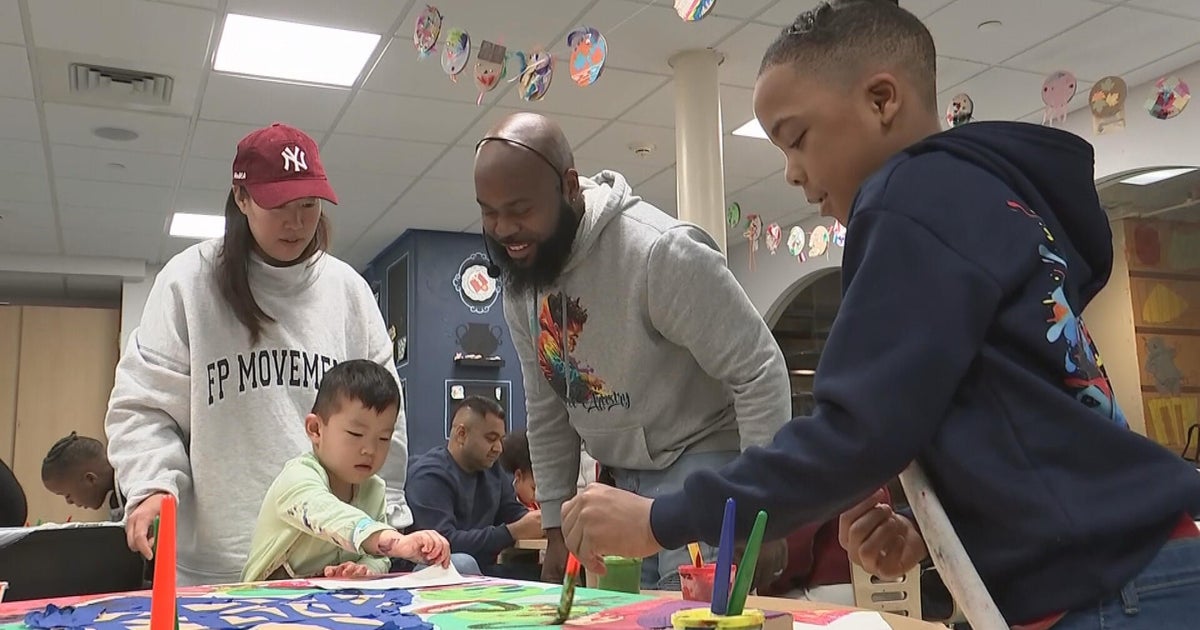You Can Really Clone Your Pet, But It Will Cost You
PHILADELPHIA (CBS) -- Nine-month-old toy poodle Baxter is a clone.
"People have a hard time wrapping their brain around that it that it is a real technology. That it is not science fiction. It's not like what you see on TV or in the movies," said Melain Rodriguez, with ViaGen Pets, client services manager.
ViaGen has been cloning livestock for more than 15 years. Then two years ago, they starting cloning pets.
"The dog that you are going to clone is not going to be a Frankenstein. It's just a normal dog as you'll see Baxter. He's just a normal dog like any other dog. You would never know that he's a cloned puppy," Rodriguez said.
Cloning starts when your vet takes four small skin samples from your pet. It is a simple procedure and most dogs go home the same day. Some owners have it done when their dog is under anesthesia for something as routine as a dental cleaning.
After Death Of 8th Child, Ikea Relaunches Dresser Recall
"From that little skin sample, we culture millions and millions of cells, and these are cells that contain the pet's complete DNA, and that's all we need for cloning," said Rodriguez.
ViaGen chooses a surrogate approximately the size of your pet to carry your cloned puppy.
"Once we have that cell line established we will use those cells to produced cloned embryos and then transferred into a surrogate dog, who has a normal gestation and then you've got a puppy that is born that is a that is a genetic twin to that original pet," said Rodriguez.
Dr. Mike Hutchinson, with Animal General Hospital, says even dogs that are sick or have cancer can be cloned.
"They can take a cell from anywhere in the body and even if you take a 16-year-old dog and you decide now I want to do it, is he too old, does he have old cells? It resets the clock. They go back to young again, which is pretty unique," said Hutchinson.
U.S. Christmas Tree Shortage May Cause Price Hike This Year
Rodriguez says, "It's not a reincarnation of their pet. It's not that same pet born over again, but it's those same genetics and this little piece of this pet that they loved so much is somehow back in their life again."
The cost to clone a dog is $50,000, while cats come in at a cheaper price of $25,000.
You can find a local veterinarian that participates in the cloning process on by CLICKING HERE.
